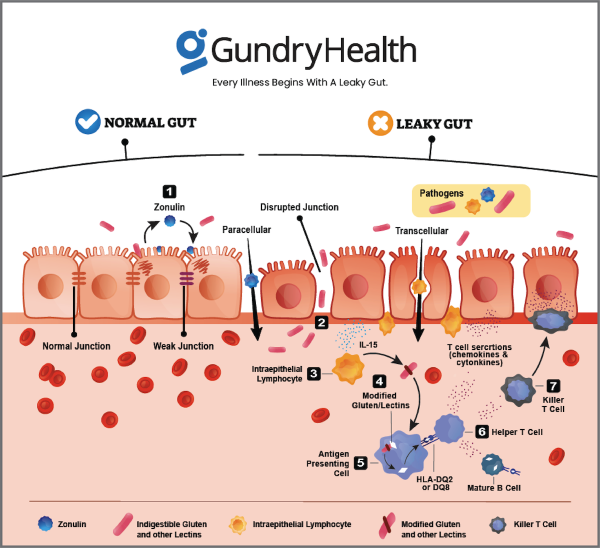Understanding the 4 Stages of Rheumatoid Arthritis
Rheumatoid arthritis is an autoimmune disease that can progress through four distinct stages – Early, Moderate, Severe, and End-Stage. However, not all patients will experience all stages. Early detection and treatment with medication, diet, and lifestyle changes can slow the progression, reduce symptoms, increase the chances of remission, and improve quality of life. It’s crucial to seek medical attention and begin treatment as soon as possible to avoid further damage to joints and organs. If you suspect you have rheumatoid arthritis, consult with your healthcare provider for prompt diagnosis and treatment to avoid further damage to joints and organs.
Early diagnosis and treatment can slow the progression of the disease.
- Early RA, Symptoms of rheumatoid arthritis include pain, stiffness, and swelling in the joints
- In moderate RA, damage spreads from the synovium to the surrounding cartilage, causing reduced range of motion and activity limitations
- Severe RA can cause joint damage that spreads to the bone itself, potentially causing deformities that further limit range of motion
- End-Stage RA is characterized by decreased inflammation, but pain, stiffness, and reduced range of motion may continue, and joint damage may have become so severe that the joints no longer work
The speed of progression through the stages depends on many factors, including early diagnosis and successful treatment.
Managing RA Symptoms and Inflammation: Your Options.
Whether you are in the early, moderate, severe, or end-stage of rheumatoid arthritis, there are various treatment options available to slow down the progression of the disease, manage your symptoms, and reduce inflammation in your body. By working with your doctor and following a tailored treatment plan that may include medication, lifestyle changes, and other strategies, you can improve your quality of life and minimize the impact of RA on your daily activities.
Effective Treatments and Lifestyle Changes for Early Stage RA.
Discover the right treatments for managing the symptoms of rheumatoid arthritis in its early stages. Your doctor may recommend certain medications but, alongside medication, lifestyle changes like quitting smoking, regular exercise, quality sleep, stress management, and identifying food triggers in your diet can help reduce inflammation and joint damage. Research indicates that environmental and lifestyle triggers play a crucial role in RA and other autoimmune conditions. By identifying and removing these triggers, you can take control of your health and manage your RA effectively.
Effective Treatments for Advanced Rheumatoid Arthritis.
For advanced rheumatoid arthritis, your doctor may recommend additional treatments such as occupational therapy, or surgeries (like arthrodesis, synovectomy, and joint replacement) to help stabilize, repair, or replace the damaged joints. These treatments can also help reduce pain and improve joint function.
It’s important to note that no matter what stage of RA you are in, there are actions you can take to manage the disease and improve your quality of life. Lifestyle changes can play important roles in decreasing inflammation, reducing pain, and protecting the health of your joints. The Gundry Health program offers a Core program that focuses on helping individuals with autoimmune diseases, including rheumatoid arthritis, identify and remove their individual triggers, which can reduce their symptoms and help them feel like themselves again.







